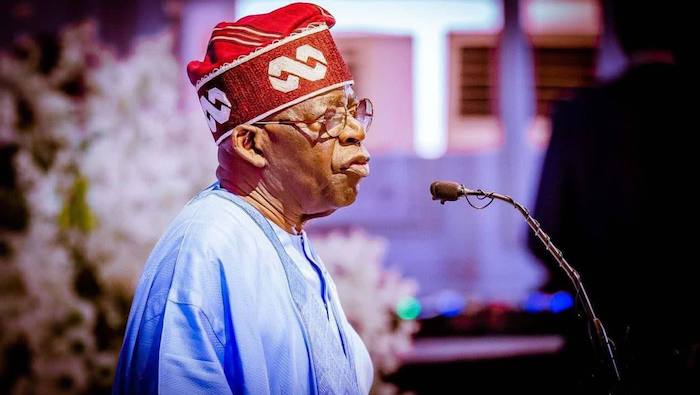Aminu Suleiman, a member of the North-West Development Commission (NWDC), has declared that President Bola Ahmed Tinubu’s two years in office have been more impactful than the entire eight years of the administration of former President Muhammadu Buhari.
Suleiman made the remark while speaking to journalists in Lagos after paying a Sallah homage to President Tinubu at his Ikoyi residence.
He praised the President’s leadership style and vision, noting that Tinubu is laying the foundation for long-term national transformation.
“Tinubu’s two years are even better than the past government’s eight years,” Suleiman said. “Given the full privilege of a four-year term, I am confident he will transform Nigeria.”
He also commended the inclusion of the North West in the President’s development plans, especially through the establishment of the North-West Development Commission.
“We are the most populous zone in the North, nearly 19 million people strong. The inclusion of the region in national development planning is a welcome development, and Insha Allah, we will ensure everything goes well,” he stated.
Citing Tinubu’s success in transforming Lagos State through strategic infrastructure investments and governance reforms, Suleiman expressed optimism that similar achievements would be replicated at the national level.
“He did it in Lagos. With God’s help, he will do it across Nigeria. Nigerians must trust his leadership and vision,” he said.
Also speaking, Minister of Budget and National Planning, Senator Atiku Bagudu, said the Nigerian economy is firmly on the path to recovery, thanks to bold reforms implemented by the Tinubu administration.
Bagudu noted that although the reforms have led to short-term economic challenges, they have laid a solid foundation for sustainable growth.
“We’re not where we want to be, but these steps have turned the economy in the right direction,” he said.
He highlighted the significance of ending long-standing subsidies on fuel, foreign exchange, and electricity, describing them as difficult but necessary decisions to reverse decades of underinvestment.
“Subsidies had drained the treasury to the point where even paying salaries became a challenge,” he explained. “By removing them, we have freed up resources. Today, states and local governments have nearly tripled the funds they had previously. That’s a transformative change.”
Bagudu revealed that the additional funds are being deployed to key sectors, including infrastructure, agriculture, consumer credit, digital innovation, and human capital development.
“These are not abstract policies. We are witnessing actual allocations going into security, education, and economic empowerment,” he added.
He said the reforms are also restoring investor confidence in the Nigerian economy. “One of the biggest differences between developed and developing nations is the level of investment. We are now correcting years of neglect — it’s a Herculean task, but it is central to the reforms.”
According to the Minister, there has been a visible resurgence of private capital, both domestic and international, as investors are beginning to take Nigeria seriously again.
Commenting on the recent defection of opposition politicians—including governors from Delta and Akwa Ibom States—to the ruling All Progressives Congress (APC), Bagudu said it reflected widespread confidence in President Tinubu’s leadership.
“They have stated publicly why they joined — because of the sincerity and direction of this administration. That’s not politics. That’s belief in a future being built with courage and vision,” he said.















